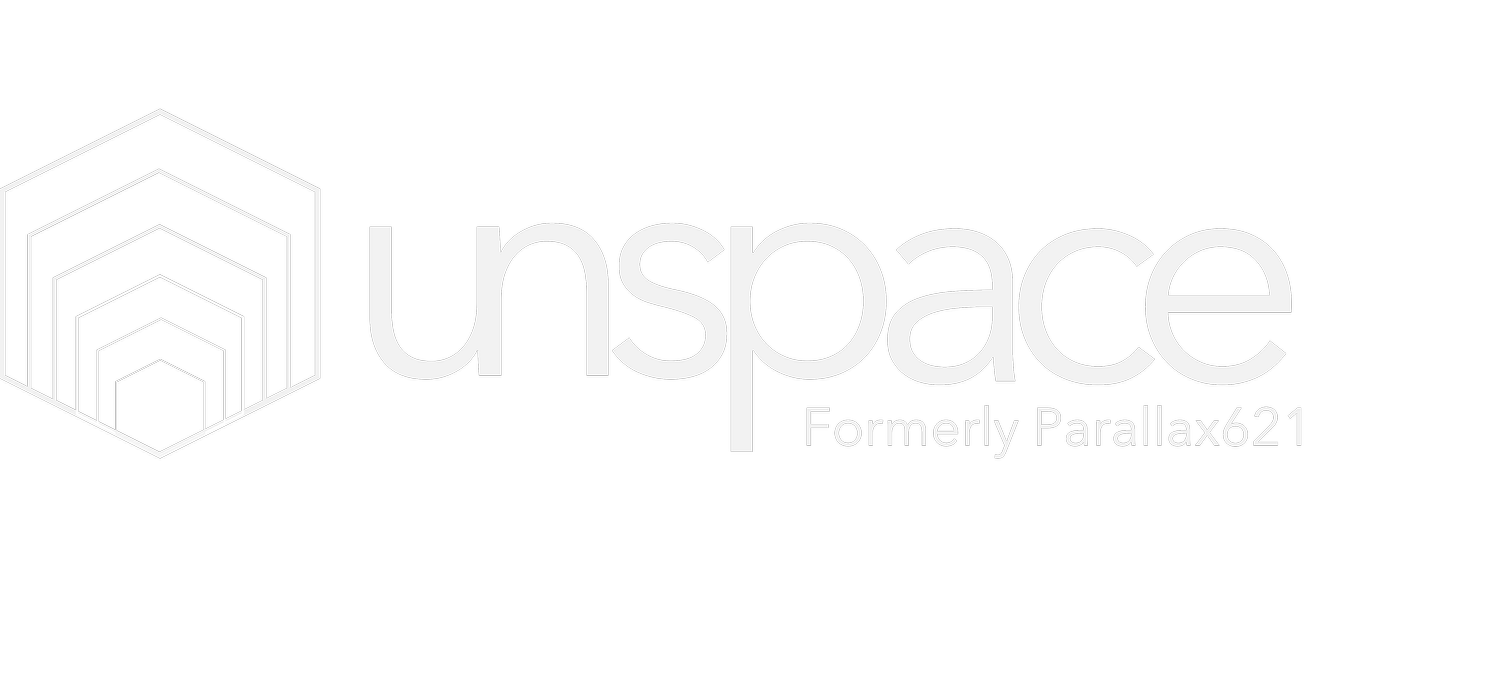BLOG #0012
UNSPACE IS NOW OFFERING FINITE ELEMENT ANALYSIS
The Unspace Engineering team is excited to announce a new service offering: Finite Element Analysis (FEA) for simulations of structural mechanics, computational fluid dynamics (CFD), and thermal transfer. Our lab can help you
define the problem
create a clean model
define the load and constraints
mesh the model
define analysis methods
run the simulation
Our capabilities span a range of industries and can prevent you from wasting resources on costly prototypes to identify points of system failure.
What is finite Element Analysis (FEA)?
FEA can be thought of as a powerful computer that runs mathematical models to simulate real world stresses and their effects on an assembly of parts. It is the umbrella under which mechanical, fluid, and thermal analysis is performed.
It is a sad fact of life, but nothing lasts forever; stress bends and breaks, temperature variations warp and degrade, fluid pressures leak and rupture. Before a product goes to market, understanding these effects is a safety and quality imperative.
Using advanced mathematics to simulate material behaviors and interactions, FEA calculates how tension, friction, pressure, sheer, temperature, and general use will affect a product or system. The simulation applies a matrix of equations where:
force = stiffness X displacement
Across a finite mesh of infinitesimal surfaces or volumes on or in an assembly. If the problem and constraints are defined correctly, FEA can identify problems before they arise so that a product can be engineered for safety, resilience, and versatility.
What is computational fluid dynamics (CFD)?
Since CFD simulations are unique (as compared to structural and thermal transfer simulations), it deserves its own overview. CFD is exactly what it sounds like, it is the mathematical computation of fluid behavior in a computer simulation. However, what makes it unique is that the computationally “heavy” Navier-Stokes equation (the “computation” in CFD) is used in addition to the standard computational techniques used for load analysis. The “heavy” often results in simulation periods that are longer or are greater strain on a computer system. Concerning the method of execution, CFD software uses Navier-Stokes to determine the unique properties of fluids and their interaction with a system and/or materials surrounding it. This simulation delivers a real-world parallel of how a process or device will function.
It is worth noting that CFD is not just for fluids; it can be used for gas and solids. It can even calculate the relationship between various subsystems under various circumstances.
Consider the example of a sports car design. Before the first prototype is constructed, CFD simulations must be conducted on the fluid dynamics of the gasoline in fuel tank and lines, the aerodynamics of the vehicle body, and suspension efficiency in different states of air pressure. Not only do these systems need to be simulated on their own, but they need to be amalgamated into a single simulation of the entire vehicle in
motion with adjustment for new variables like climate, weight load and road conditions.
UNSPACE and Your Project
While FEA simulations might only seem necessary for safety focused systems like airplanes, nuclear power plants and cars, it is also essential to lowering the prototyping and quality control cost of any custom or mass produced system. Consider the design and layout of the equipment in a fast-food kitchen: FEA could be used to determine maximum efficiency for customer delivery and best placement of a walk-in freezer. Next, consider a waterproof MP3 speaker: FEA could be used not only to determine the extent of its waterproofing, but its drop resistance, best packaging/shipping methods and the subtle changes to these factors depending on alternate production materials or housing layouts.
Consider FEA for your product and/or system and UNSPACE as your team to define, model, constrain, mesh, and simulate before the prototype phase begins.




